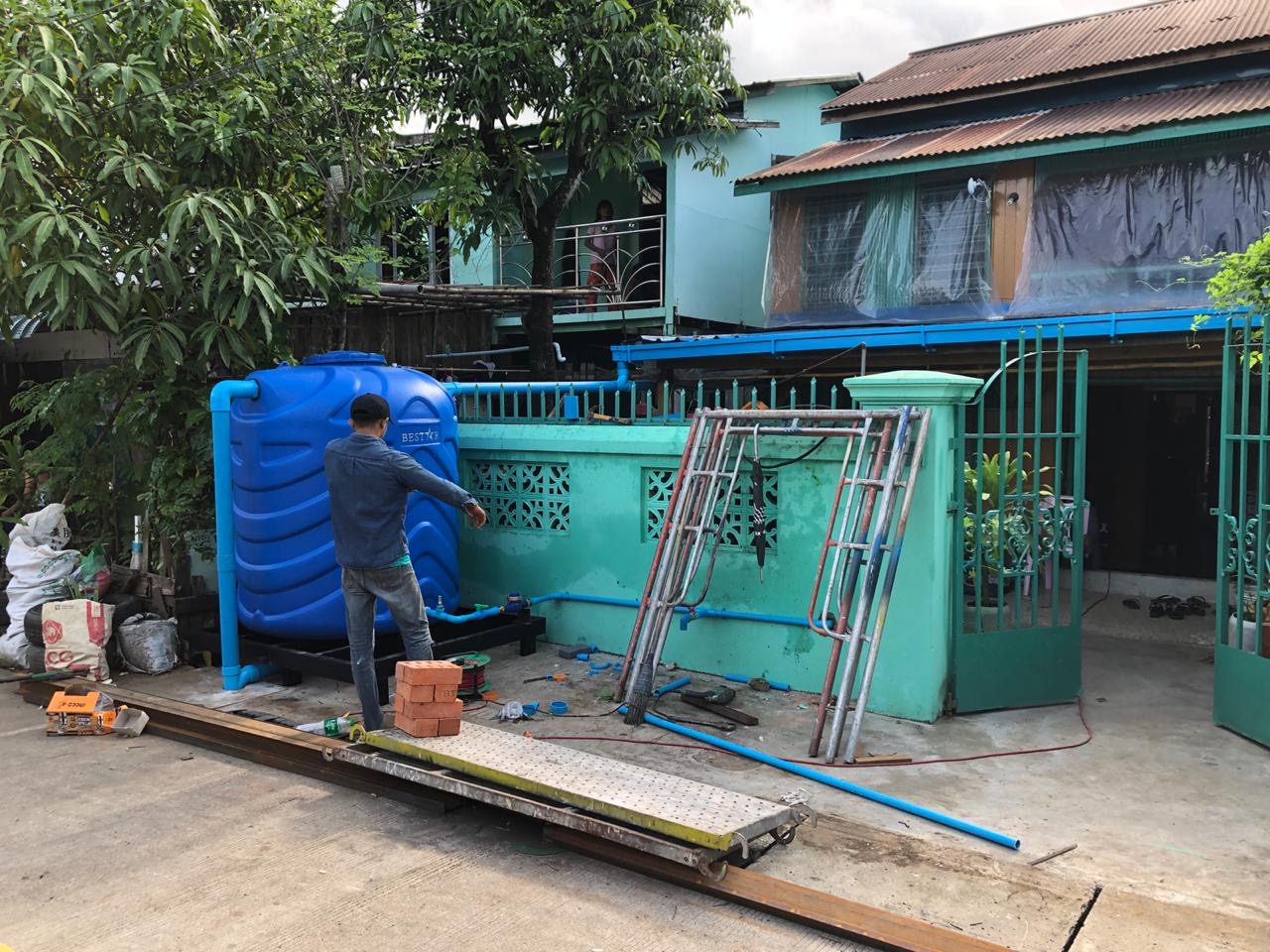Thaketa Township (Myanmar)
Thaketa Climate Adaptation Pilot Project - strengthening climate resilience through social innovation

| Region | Yangon |
| Period | 2020-2021 |
| Project partners | The Water Agency (lead partner), Infram, Resilience, Doh Eain, Witteveen+Bos, U.Minds |
| Recipients | Yangon City Development Committee (YCDC) & Yangon Regional Government |
| Funding | Partners voor Water |
Background
The city of Yangon is dealing with severe water problems: flooding during the rainy season, water scarcity during the dry season, water pollution, poor water governance, climate change (rising sea level, more intense rainfall, longer periods of drought), high drinking water cost (bottled water), subsidence/groundwater extraction and widespread water-borne diseases.
Our consortium has executed an Analysis and Feasibility Study – in close collaboration with YCDC, township officers and residents – from November 2018 until July 2019, focusing on the Thaketa township which is a climate-vulnerable part of Yangon. The study has taught us that the Thaketa township presents a part of the city in which the aforementioned water problems are very severe and cause daily concern to its residents.
Our impact
This pilot provides Yangon with a tangible and practical project that will strengthen the climate adaption capabilities of the particular township (making the community less dependent on the capacity of the government to take action), and develop the capacities of the city (government) to design and execute these types of projects themselves in coming years.
Results
- Reduced risk of flooding - increase of direct infiltration, delayed infiltration, temporary storage and improved drainage function.
- Reduced water pollution & reduced risk of water-borne diseases - less stagnant, shallow water, less solid waste and wastewater on the streets and in the drainage.
- Increased water availability for domestic use (around 260 households).
- Improved liveability, economic value and attractiveness of the ward.
- Strengthened social cohesion and ownership of public space and valuation of water.